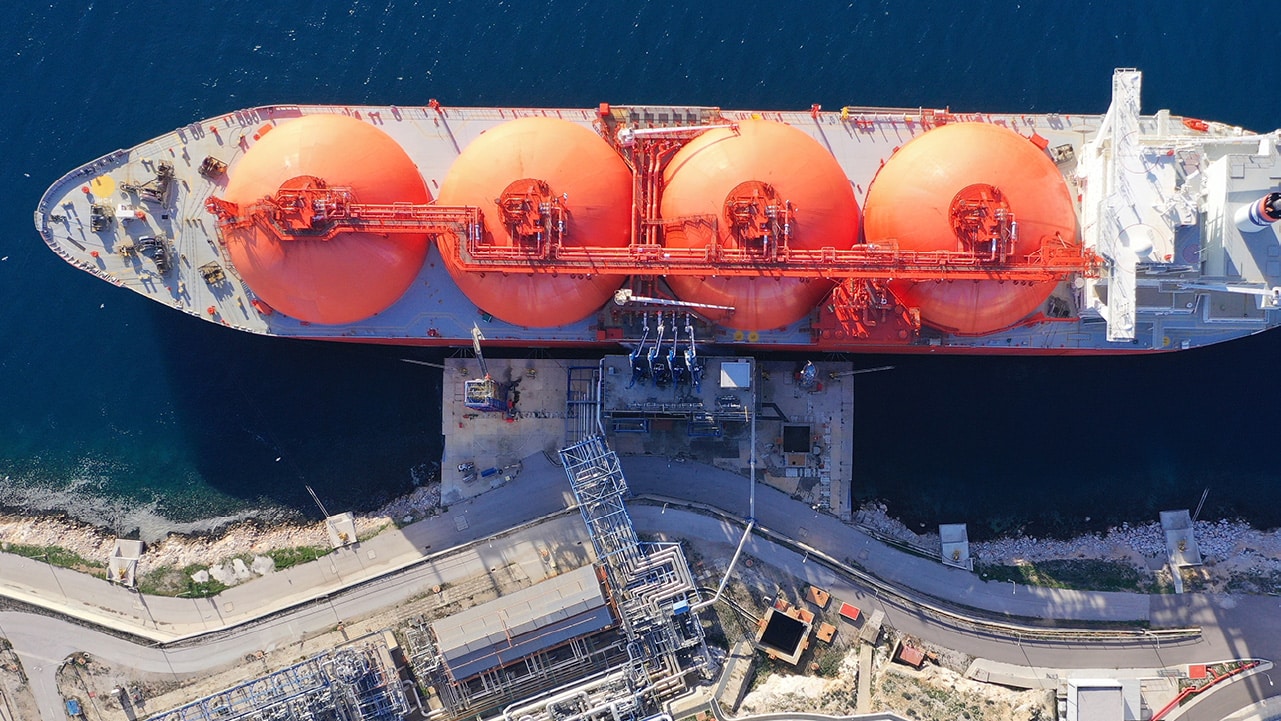IMO IGC Code Cargo Containment System Testing
The International Maritime Organization’s (IMO) International Gas Carrier (IGC) Code is a critical regulatory framework for ensuring the safe design, construction, and operation of ships carrying hazardous cargoes such as liquefied gases. Compliance with this code ensures that cargo containment systems are robust enough to withstand various operational conditions without compromising safety or environmental integrity.
Our laboratory specializes in providing comprehensive testing services tailored to meet the stringent requirements outlined by the IGC Code, focusing particularly on cargo containment systems. This service is crucial for manufacturers, shippers, and regulatory bodies to ensure that vessels are equipped with systems that can handle potentially dangerous cargoes safely and efficiently.
The IMO IGC Code requires rigorous testing of all aspects of a cargo containment system, including but not limited to the design, construction materials, structural integrity, and operational performance. These tests aim to validate whether the system complies with international standards such as ISO 19083:2015 and ASTM D6704.
The testing process involves several key steps. Initially, the containment system undergoes a series of non-destructive inspections (NDI) to check for any surface defects or potential weaknesses in the structure. This is followed by pressure testing, where the system is subjected to various internal pressures to assess its resistance against over-pressurization. For gas carriers handling liquefied petroleum gases (LPG), additional tests may include thermal shock testing and impact resistance evaluations.
Our laboratory uses state-of-the-art equipment and adheres strictly to international standards to ensure accurate and reliable test results. The data collected during these tests is meticulously analyzed, providing a detailed report that can be used for compliance verification or as part of ongoing quality assurance programs. By partnering with us, clients receive more than just testing; they gain valuable insights into the performance capabilities of their cargo containment systems.
The importance of IMO IGC Code compliance cannot be overstated in today’s global shipping industry. Non-compliance can lead to significant financial penalties and reputational damage. However, adhering to these standards not only ensures regulatory compliance but also enhances operational safety and environmental protection. Our commitment to precision and reliability guarantees that our clients achieve the highest level of assurance regarding their cargo containment systems.
With decades of experience in this field, we have successfully completed numerous projects for leading companies across various sectors. Our team of experts is well-versed in interpreting complex regulatory requirements and translating them into practical solutions. Clients can expect nothing less than top-tier service from our laboratory, ensuring that their cargo containment systems meet the highest standards set by international maritime authorities.
Benefits
- Ensure strict compliance with IMO IGC Code requirements for cargo containment systems.
- Earn trust and confidence from regulatory bodies and clients by demonstrating adherence to global standards.
- Minimize the risk of costly non-compliance penalties through rigorous testing before deployment.
- Enhance operational safety and environmental protection, contributing positively to corporate social responsibility efforts.
- Achieve peace of mind knowing that your cargo containment systems are thoroughly evaluated against industry benchmarks.
Industry Applications
The IMO IGC Code applies primarily to ships and other marine vessels that transport liquefied gases in bulk. These cargoes include but are not limited to ethylene, propane, propylene, butane, isobutane, and mixtures of these hydrocarbons. Our testing services cater specifically to the needs of companies involved in shipping, manufacturing, and distribution within this sector.
For manufacturers looking to ensure their products meet stringent safety standards before market release, our laboratory offers a vital service that adds value by confirming compliance with international regulations. In addition, shippers benefit from increased reliability and reduced risk when transporting hazardous materials across international waters. Regulatory bodies also use these test results as part of their ongoing oversight activities.
By leveraging our expertise in IMO IGC Code cargo containment system testing, businesses can enhance their reputation by showcasing commitment to safety and sustainability. This proactive approach not only helps avoid potential legal issues but also fosters long-term relationships with stakeholders concerned about environmental stewardship.





